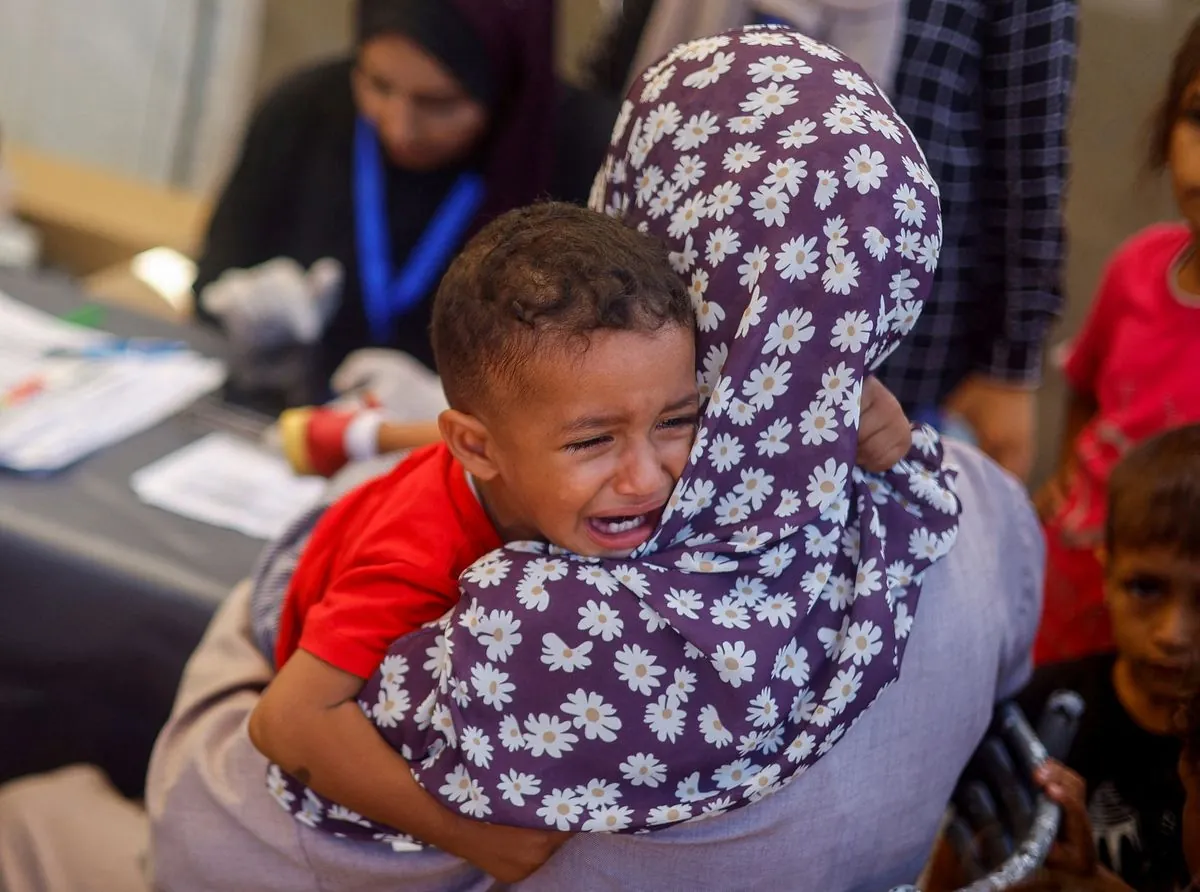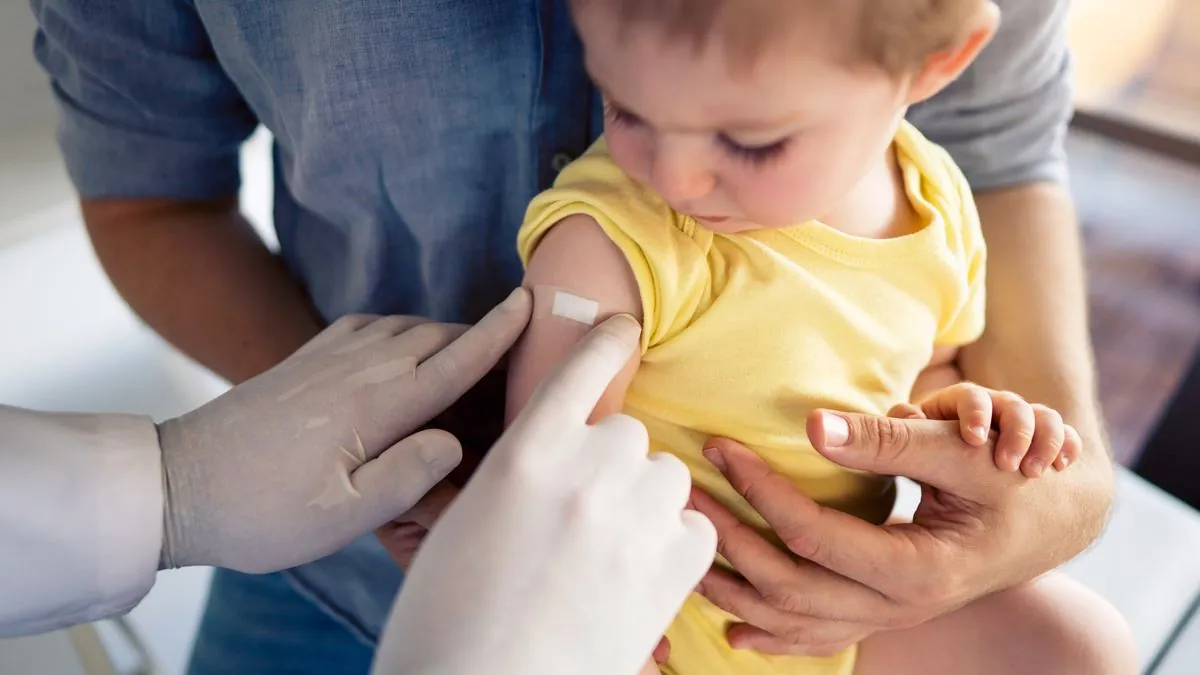Gaza Reports First Polio Case Amid Conflict, UN Urges Vaccination Pause
Gaza's first polio case in years detected in an unvaccinated infant. UN agencies call for ceasefire to vaccinate 640,000 Palestinian children following virus discovery in wastewater.

In a concerning development amidst the ongoing Israel-Hamas conflict, the Palestinian health ministry has reported the first case of polio in Gaza in recent years. The case involves an unvaccinated 10-month-old child in Deir al-Balah, a city in the central Gaza Strip.
Polio, a highly infectious viral disease that can cause paralysis and death, primarily affects children under the age of five. The virus typically spreads through contaminated water, posing a significant threat in areas with poor sanitation and limited access to clean water sources.
The diagnosis was confirmed through tests conducted in Amman, Jordan's capital. This development is particularly alarming given that polio cases have decreased by over 99% globally since 1988, from 350,000 cases to just 33 in 2018.
Currently, only Pakistan and Afghanistan continue to experience ongoing polio transmission. The last major polio outbreak in the United States occurred in 1952, highlighting the effectiveness of vaccination efforts in developed nations.

In response to this case and the recent discovery of the polio virus in wastewater samples from two major cities last month, United Nations health and children's agencies are calling for seven-day pauses in the conflict. These pauses, proposed to begin at the end of August 2024, aim to facilitate the vaccination of 640,000 Palestinian children against polio.
The Global Polio Eradication Initiative, launched in 1988, has played a crucial role in reducing polio cases worldwide. Polio vaccines, developed in the 1950s by Jonas Salk and Albert Sabin, have been instrumental in this effort. The initiative has saved an estimated 18 million people from paralysis.
It's worth noting that there are two types of polio vaccines: the oral polio vaccine (OPV) and the inactivated polio vaccine (IPV). While OPV contains live, attenuated poliovirus and can, in rare cases, cause vaccine-derived poliovirus (VDPV), IPV is given by injection and contains killed virus, eliminating this risk.
The detection of this polio case underscores the importance of maintaining vaccination efforts, even in conflict zones. Post-polio syndrome, which can occur 15-40 years after initial polio infection, further emphasizes the long-term implications of the disease.
As the situation unfolds, the international community, including organizations like the Bill & Melinda Gates Foundation, a major funder of global polio eradication efforts, will likely be watching closely and offering support to prevent a potential outbreak in the region.


































